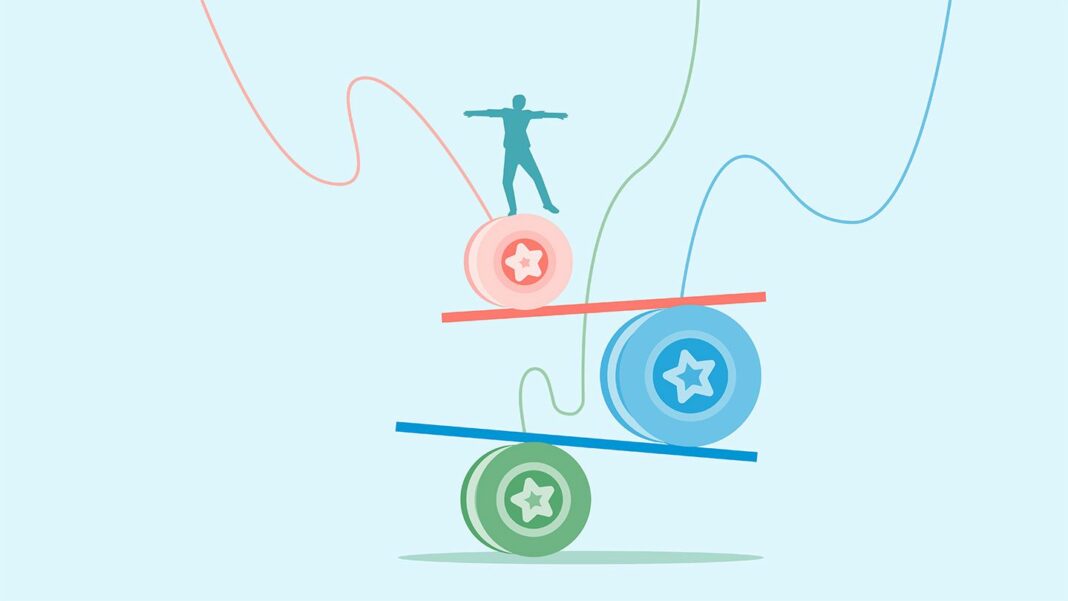This back-and-forth cycle can set you up to feel like a failure if you’re set on losing weight. “It’s so frustrating,” says Hultin. “Many of my clients have a lifelong history of weight cycling, a pattern that started as children and continued into their teen and adult years,” she says.
But you can get off the roller coaster. It’s possible to break free of the fads, put in the mental work, and come out healthier and happier than before.
Here’s how to begin.
Cut the Restrictions
Watch out for any diet that restricts an entire food group or forces you to cut out everything that you love, says Hultin. “It’s these unrealistic plans that cause this weight cycle,” she says.
Make a Mental Shift
“A large part of yo-yoing is not changing the fundamental psychology behind eating,” says Tiffany Wright, PhD, aka the Skinny Coach, a weight loss expert in Los Angeles who has studied the psychological and behavioral factors that lead to overeating.
Because our daily environment tends to be littered with triggers (like the neon sign of a fast-food restaurant on your way home after a stressful day of work), losing weight may not be about how well you can follow diet rules. “While most people can go on any diet for a certain amount of time, it doesn’t address the triggers or associations that lead you down a path of weight gain in the first place,” says Dr. Wright. That’s why it’s so easy to go back to your former habits.
Find Help
Whether your goal is to lose weight or adopt healthier habits that will improve your health (with or without weight loss as the end goal), tap into the wisdom of someone who knows this stuff and can guide you along the way.
“There’s this sense that you can do it on your own, but I think that people need help from a professional,” Wright says. “I think of this as a skill that needs to be learned, like gymnastics or cooking. It’s okay to get help.”
Consider Your Headspace
It’s important to address your relationship with food, particularly if you’ve developed fears involving it. “Is there a potential for disordered eating? I think many people walk around in that space without support,” says Hultin.
Look Beyond the Scale
Weight isn’t everything. Are your labs normal? Are you sleeping okay? Exercising appropriately? While it may seem easier to mark your progress with the scale, there are other, often overlooked changes that also affect your overall health, says Hultin.
